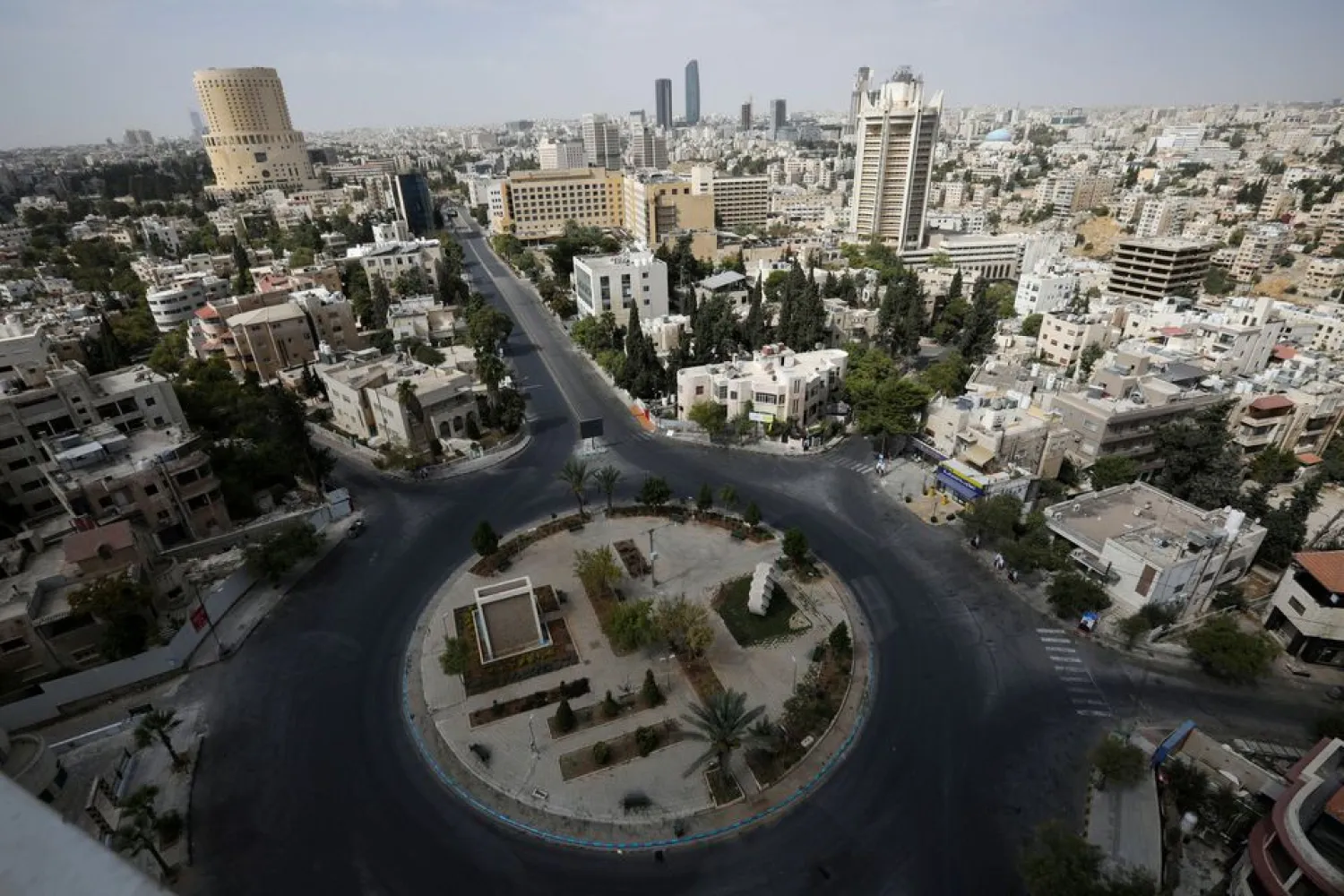The International Monetary Fund on Thursday said it had released $206 million to Jordan and approved Amman's request to expand the program by $200 million to help it continue battling the COVID-19 pandemic.
Stepped-up support from donors will be key to helping Jordan cope with the impact of the pandemic on the Jordanian people, while hosting 1.3 million Syrian refugees.
This brings total IMF disbursements to Jordan since the start of 2020 to around $900 million including a $396 million purchase in May 2020 under the Rapid Financing Instrument.
“Nevertheless, successive COVID-19 waves and the sharp decline in tourism have taken a significant human and economic toll, with unemployment reaching record high levels, and the recovery delayed.
Notwithstanding these challenges, the authorities have successfully maintained macroeconomic stability, notably by meeting all key fiscal and reserve targets, and made very strong progress on a large number of critical structural reforms,” according to IMF.
It added: “In the near term, the priority remains to manage the fallout from the pandemic. Thus, the revised fiscal targets for 2021 appropriately aim to accommodate higher spending on critical health, social protection, and job-supporting schemes.”
Moreover, Jordan’s vaccination program, one of the first in the world to cover refugees, has recently accelerated, IMF said.
The IMF stressed that the Jordanian authorities “remain committed to implementing a gradual, growth-friendly, and equitable fiscal consolidation as the recovery becomes entrenched, in order to bolster public debt sustainability and ensure inclusive growth.”
Jordan's Finance Ministry said the IMF encouraged Jordan's main Western and Arab donors to support the kingdom in "view of its strong commitment to stability and reforms" and its hosting of refugees.
Economic activity contracted by 3 percent in 2020, hit by lockdowns, border closures, and a sharp fall in tourism during the pandemic, but the government and the IMF both predict a bounceback to growth this year.
The gradual reopening of most of Jordan’s key business and manufacturing activities in the last few months is helping its economy to consolidate a gradual recovery, economists say.
The IMF’s approval of Jordan’s second review signaled confidence in the country's tempo of reforms and fiscal stability, the Ministry said.
Jordan’s Finance Minister Mohammad Al Ississ, earlier this year, said his country's commitment to IMF reforms helped it to maintain strong donor support and keep stable sovereign ratings at a time when other emerging markets were being downgraded.









